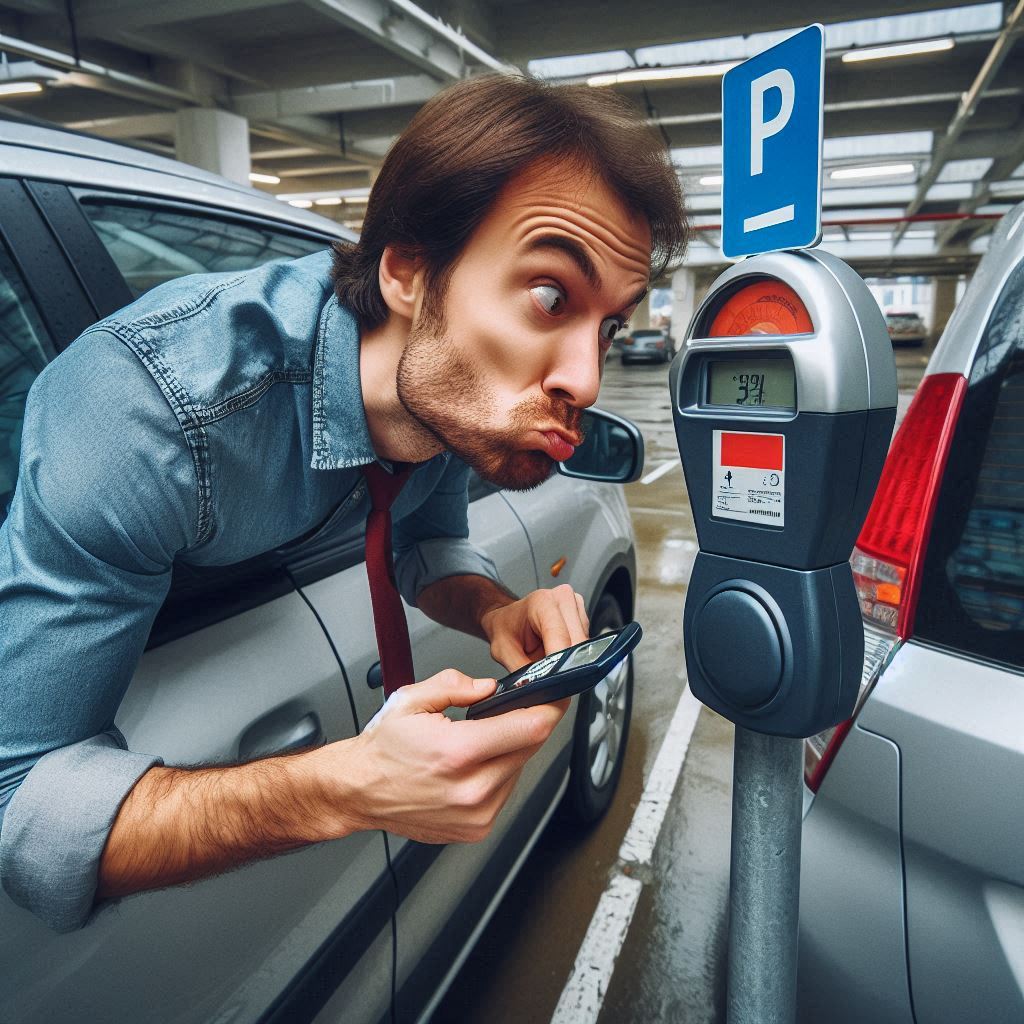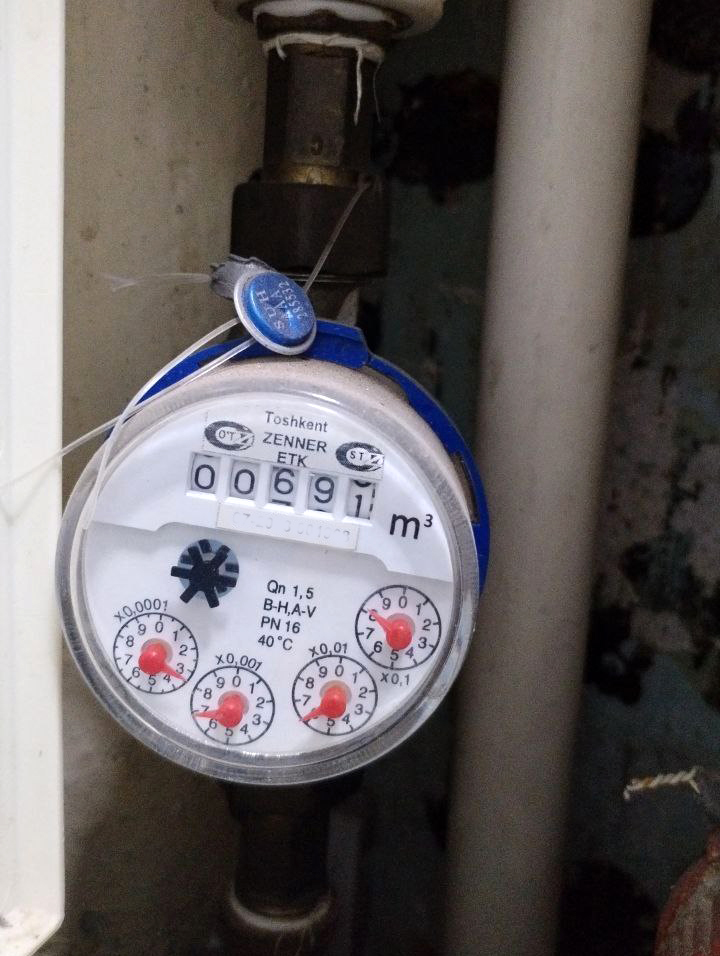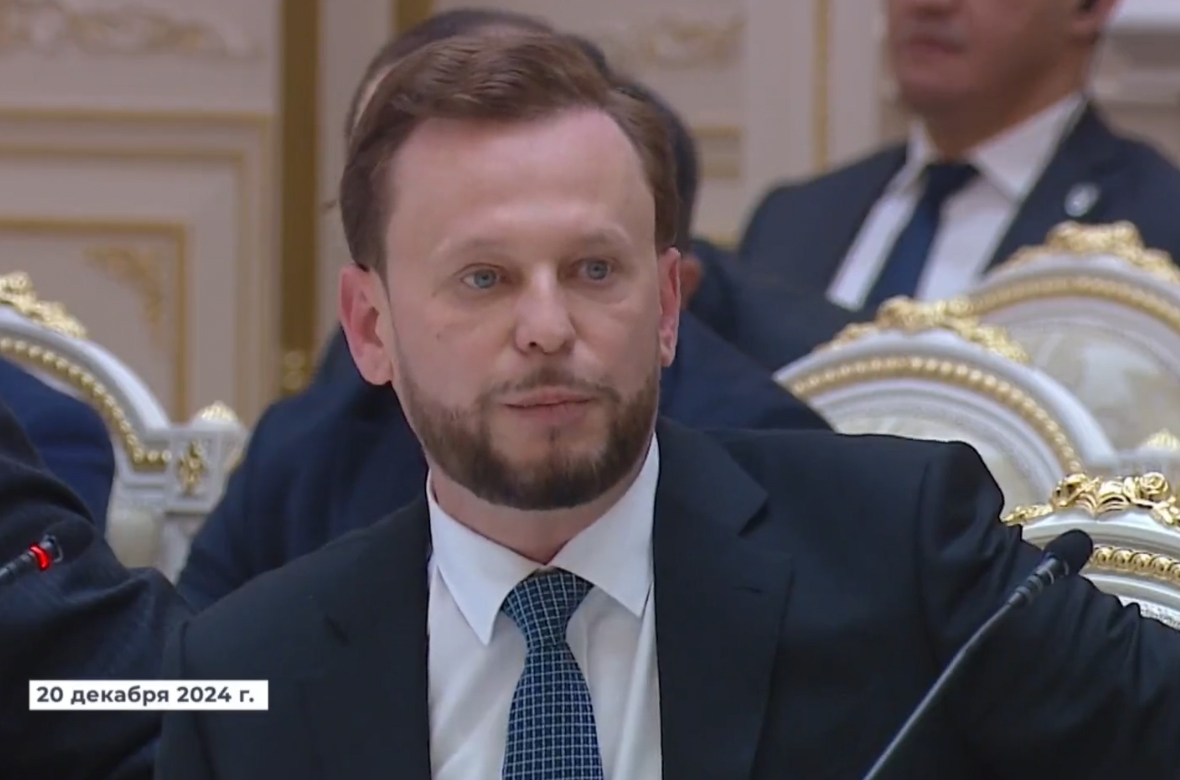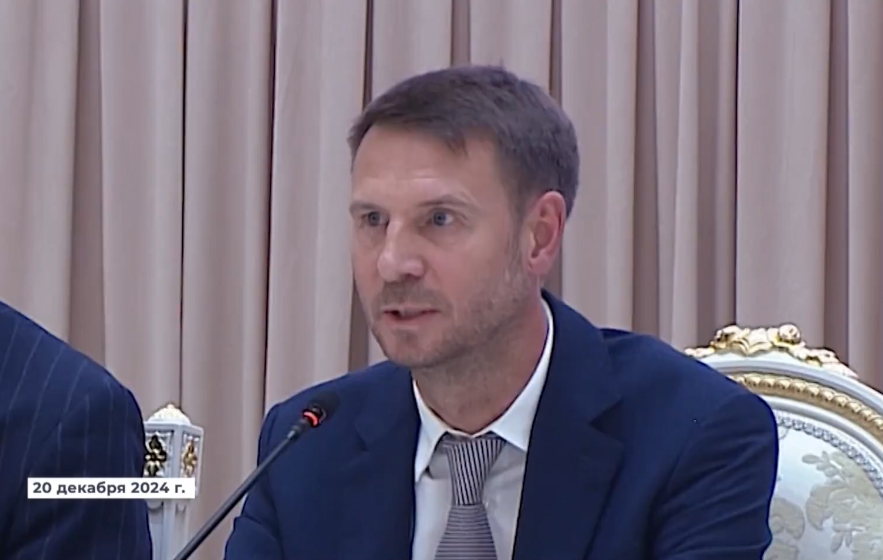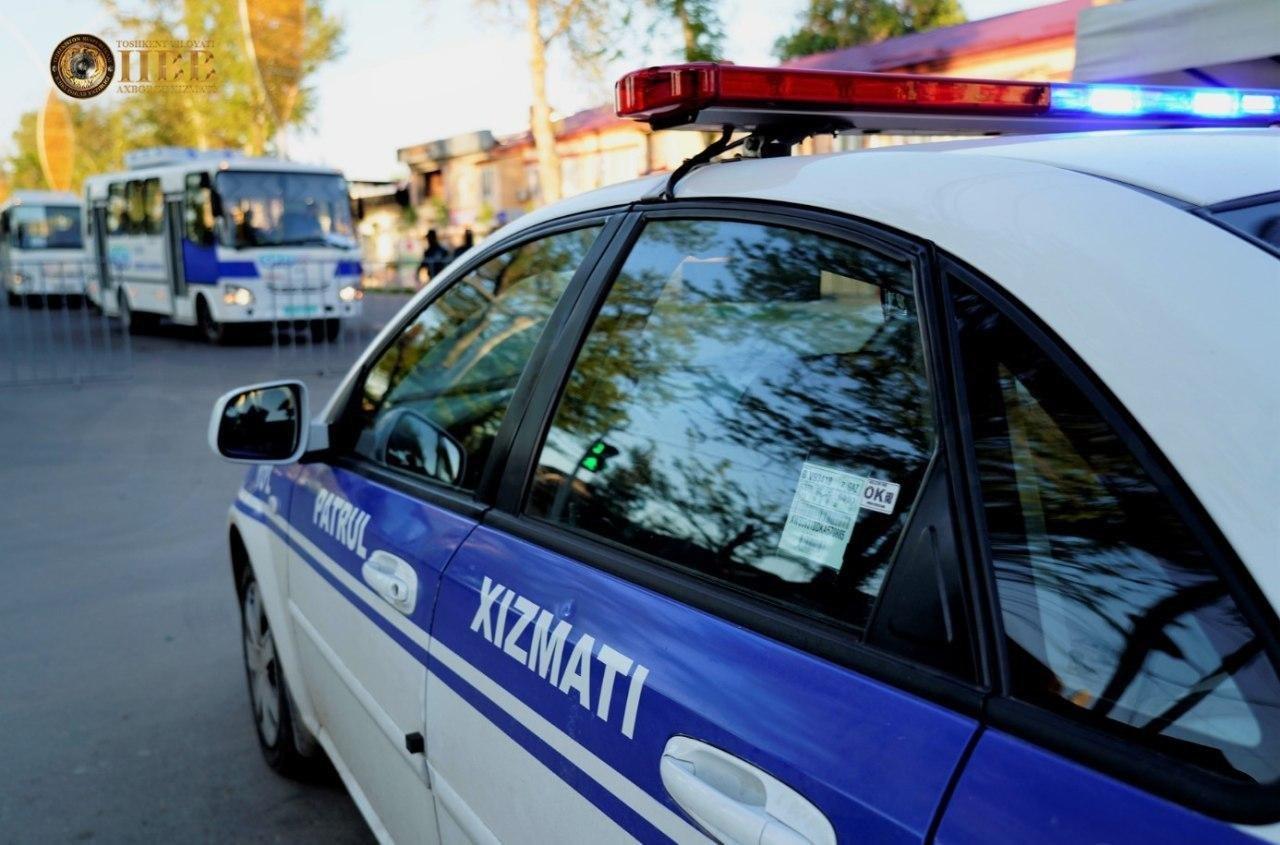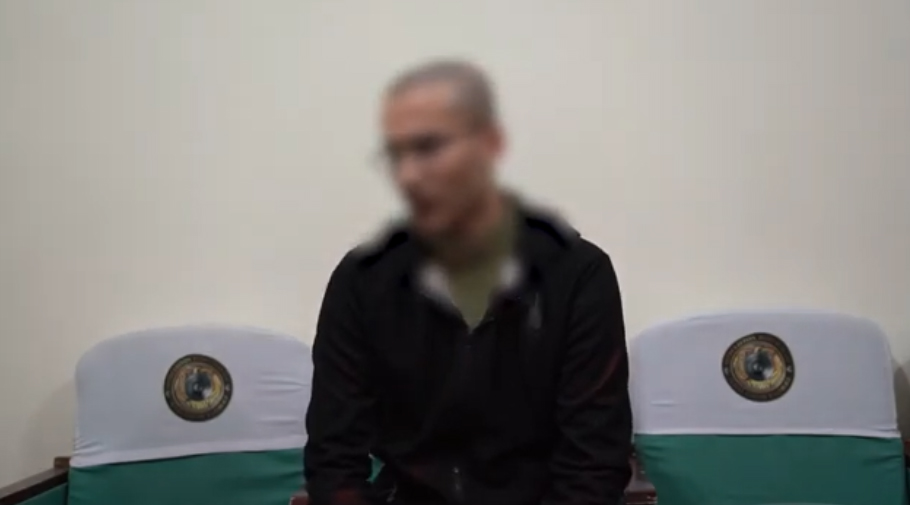This article is also available in:
Русский (Russian)
Starting from January 2025, a new paid parking system will be introduced in Tashkent, which is expected to bring significant changes to the city. On paper, it seems like a great idea: a well-organized parking system, divided into zones, with automated payments. The closer you are to the city center, the higher the parking fee. In the most prestigious zone, an hour of parking will cost 12,000 sums, while on the outskirts, it will be as low as 5,000 sums. This, of course, is designed to encourage more efficient use of public spaces and reduce chaotic parking in the city center. But there’s one big question: how will drivers, who often ignore traffic rules, follow these new parking rules? People who treat traffic laws like mere suggestions will inevitably look for ways to bypass the system — and eventually, many will just give up on paying for parking altogether.
Paid Parking: “Bright Future” or New Headache?
Every Tashkent resident knows that chaos rules the roads. Drivers park wherever they want, and traffic rules are often treated as optional. Now, with the introduction of paid parking, the question arises: how will we ensure drivers follow the rules if they can’t even be bothered to stop at a red light? Get ready for the show, folks, because soon we’ll witness new “tricks” on the streets as drivers find ways to dodge payments.
Officials say the parking system will be divided into zones, and the closer to the center, the more expensive it gets. Here’s the price list:
- Zone 1: 12,000 sums per hour;
- Zone 2: 10,000 sums per hour;
- Zone 3: 8,000 sums per hour;
- Zone 4: 6,000 sums per hour;
- Zone 5: 5,000 sums per hour.
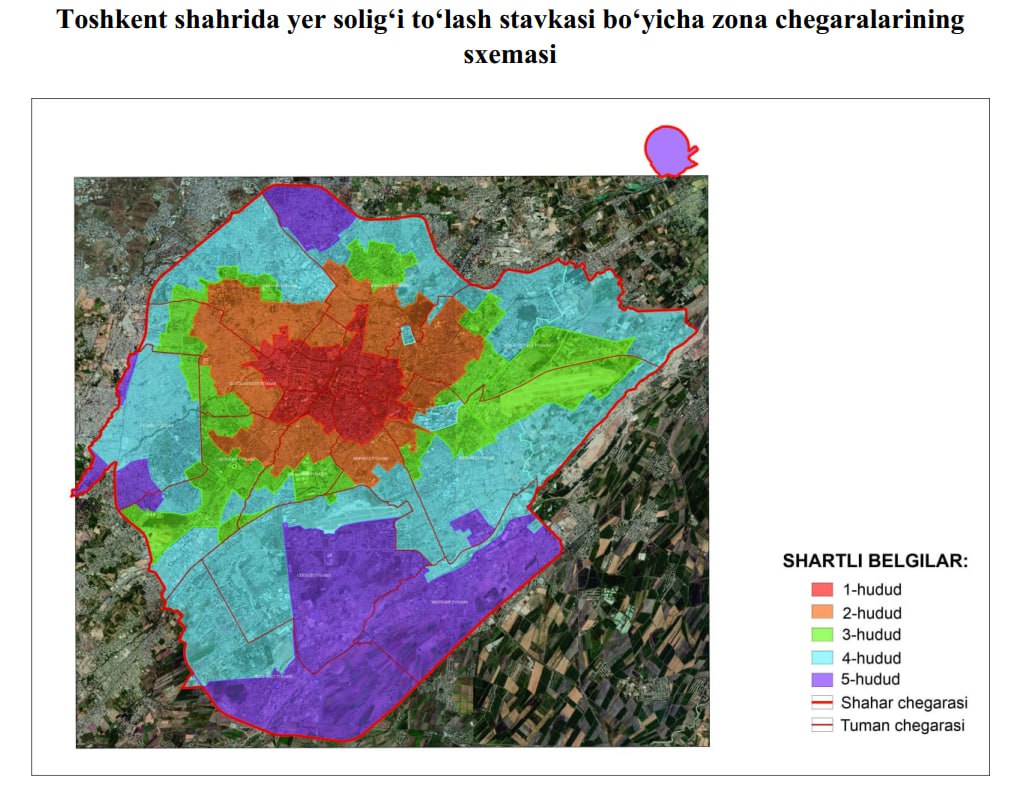
Hidden Pitfalls: How the System Could Fail
Let’s start with irresponsible drivers. Unfortunately, many drivers in Tashkent manage to ignore basic traffic rules, so expecting them to start paying for parking might be naive. It’s likely that many will find ways to bypass the system — parking on sidewalks or simply refusing to pay.
Then there’s the issue of no guarantees. Imagine you pay for parking, but if your car gets stolen or damaged, the parking service takes no responsibility. So what are we paying for? A parking spot with no guarantees is like buying a ticket to a theater where the show might get canceled, and you won’t get a refund.
We also can’t forget about technical malfunctions. How will this new system function when equipment starts breaking down or fails to process payments? What should drivers do then? Who will be accountable for these breakdowns? It’s already clear that there could be widespread issues with payments, leaving ordinary drivers at a disadvantage.
The Balance Between Rules and Reality
In theory, all of this sounds like a great step toward modernization. But what about reality? It’s hard not to wonder how we reached a point where we’re being forced to pay for the air around us, yet no mechanism guarantees its quality.
Moreover, how will we deal with cars that continue to block sidewalks and roads despite the availability of paid spots? Will we call a tow truck? What about those who believe the rules don’t apply to them?
Naturally, ordinary citizens will suffer the most — people who can’t simply stop using their cars. And when you consider that paid parking will become another financial burden for drivers, it’s easy to predict growing dissatisfaction among the public.
What Do We Get in Return?
Guaranteed parking spots? No. Protection from damage or theft? Also no. We’re paying for air and the illusion of order that the government hopes to create with parking meters.
What’s Next?
We’re entering a new era of paid parking, but are we ready for it? Without proper control and accountability, this could turn into another failed initiative. While officials talk about improvements, drivers will continue finding ways to cheat the system, and the city will remain clogged with haphazardly parked cars.
What we need is not just a system of paid parking, but a mechanism that will truly work. Only then will these measures bring real change, rather than becoming another headache for everyone involved.
The article may contain inaccuracies as it is translated by AI. For more details, please refer to the Russian version of the article. If you notice any inaccuracies, you can send corrections via the Telegram bot: Uzvaibik_bot.

